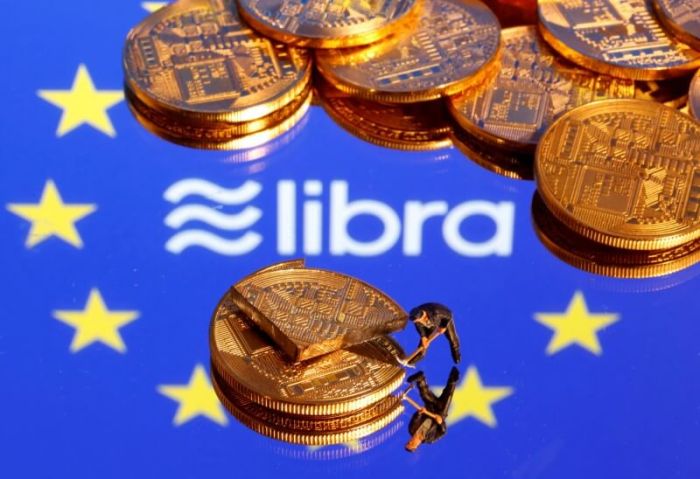By Holger Hansen and Michael Nienaber
BERLIN (Reuters) – Chancellor Angela Merkel’s ruling coalition is at odds over how to spend a record budget surplus, with her conservatives calling for corporate tax cuts while center-left Finance Minister Olaf Scholz is favoring more public investment.
Berlin faces pressure at home and abroad to inject more fiscal stimulus into Europe’s largest economy as a way to boost sluggish growth and with it also support economic activity in the wider euro zone.
“What’s on the agenda in Germany now is that we’ll invest a lot,” Scholz said after the finance ministry published budget figures showing the federal government made a record surplus of 13.5 billion euros last year.
The surprisingly good figures are mainly due to strong tax revenues, lower-than-expected interest payments and a slower-than-expected outflow of earmarked funds for infrastructure projects, the ministry said.
This means that the government’s reserve now contains 48.2 billion euros ($53.61 billion), of which around two-thirds have already been earmarked for use while around 17.1 billion euros are still available for new projects.
Scholz wants to use the extra money to maintain the federal government’s investment at a record high level of nearly 43 billion euros per year from 2020. But Merkel’s conservatives argue the money should be used to cut corporate taxes.
“Given the difficult economic situation, we must finally start lowering corporate taxes and also reducing the solidarity surcharge (on income tax) for everybody from 2022,” said the conservatives’ chief budget lawmaker Eckhardt Rehberg.
The German economy lost momentum last year due a slowing world economy and a difficult trade environment as tariff disputes and Britain’s decision to leave the European Union increased business uncertainty.
The statistics office will release gross domestic product data on Wednesday which is likely to show that the German economy expanded 0.6% last year. This would be the weakest growth rate since the euro zone debt crisis in 2013.
For 2020, the government is forecasting 1.0% growth, helped by a higher number of working days. On a calendar-adjusted basis, this would be 0.6% growth.
(Reporting by Holger Hansen; Writing by Michelle Martin; Editing by Thomas Seythal and Alison Williams)





















